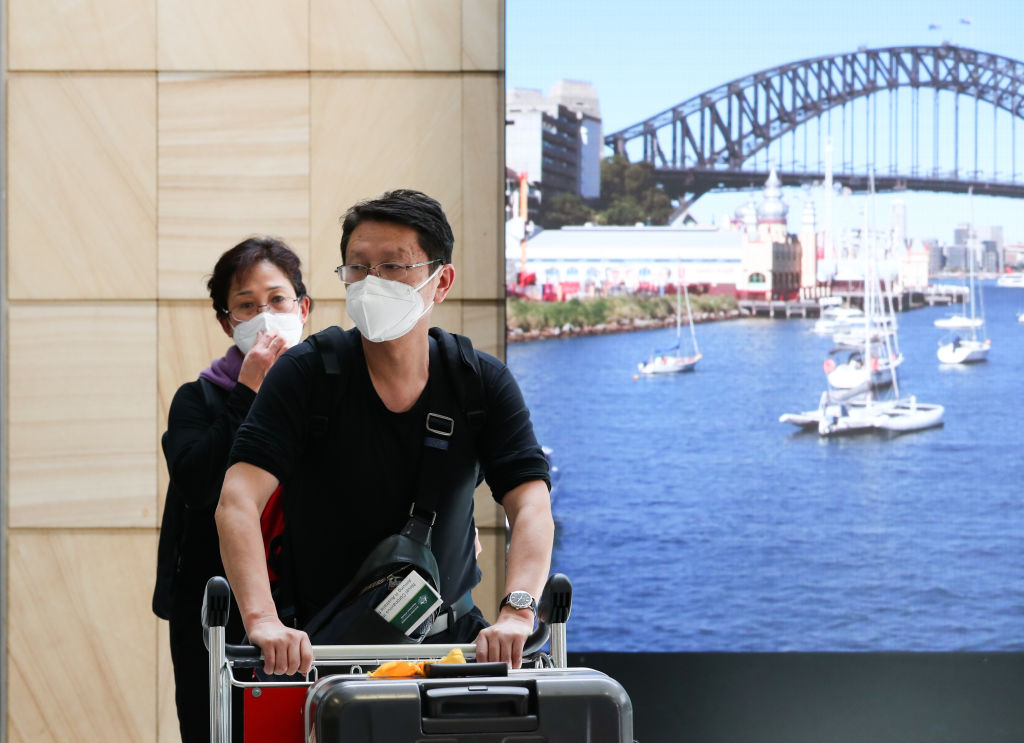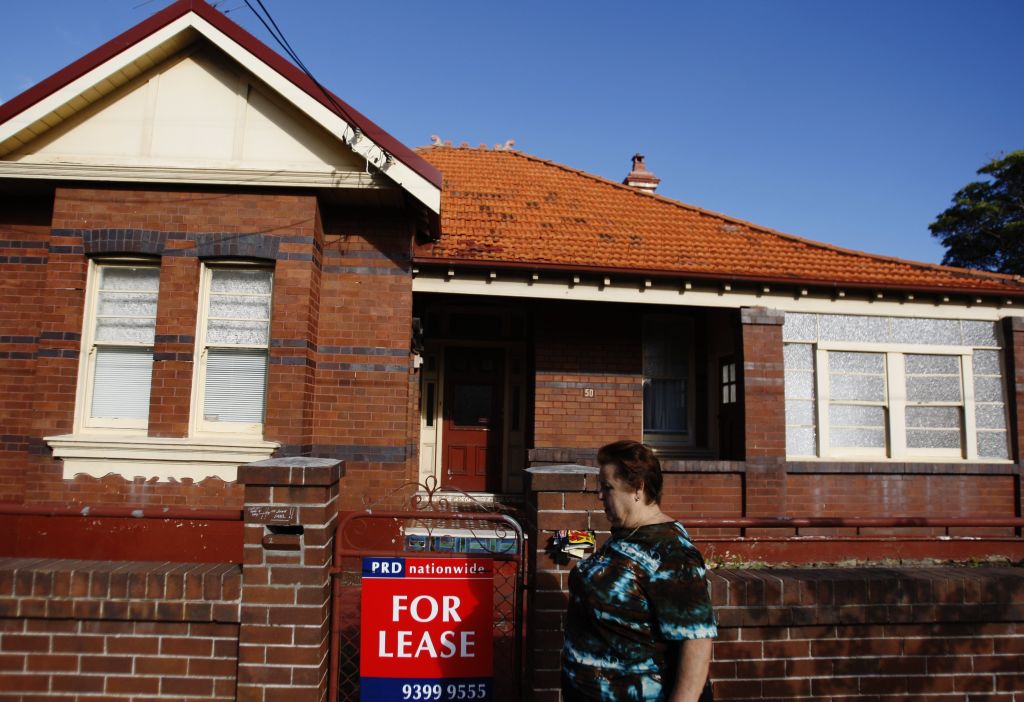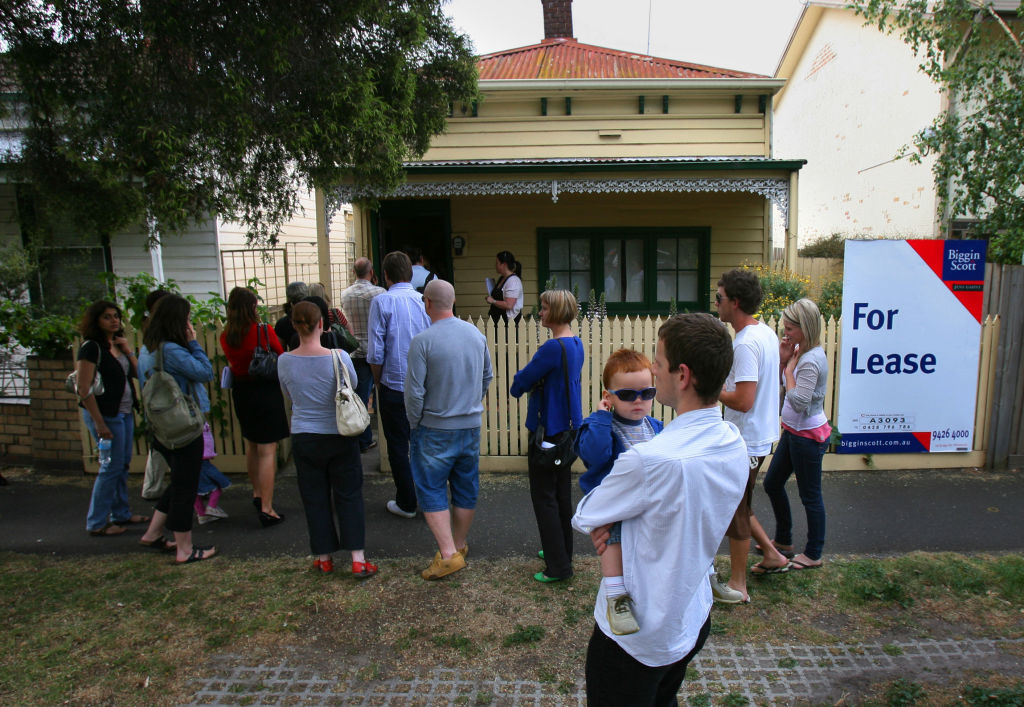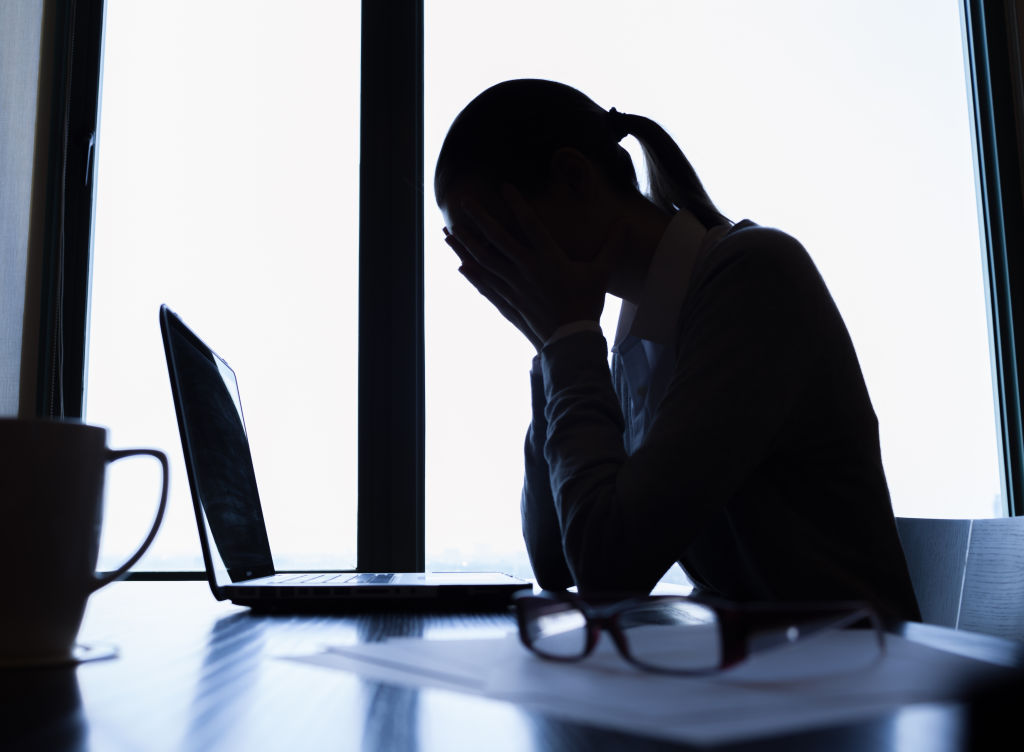Halt evictions: Calls to protect renters during coronavirus crisis
Landlords are being urged to show leniency to tenants who cannot afford to pay their rent, with calls to ban evictions amid the worsening coronavirus crisis.
With a growing number of Australians expected to lose income due to the economic fallout from COVID-19, experts want evictions banned to protect not just tenants but the wider public.
“Putting people out in the community when they’re supposed to be staying home is not good,” said Leo Patterson-Ross, a senior policy officer at the Tenants’ Union of NSW.
“Even just from a health management perspective, we really should not be doing any evictions.”

Evictions have been banned in cities like New York, Los Angeles and San Francisco, while France has suspended all bills and rent, and mortgage repayments have been suspended in Italy and for individuals struggling to pay their loans in UK – this has been agreed with the banks.
“France put a rent freeze on, they didn’t have to put an eviction freeze on because they already have one over winter … every year,” Mr Patterson-Ross said. “Other countries are taking this very seriously … we don’t take evictions seriously.”
By Wednesday morning, a petition by Greens MP Jenny Leong demanding “no evictions in NSW” had attracted more than 1050 signatures.
Rents will also need to fall as incomes reduce, Mr Patterson-Ross says, otherwise tenants allowed to accrue rent arrears will simply be kicked out after conditions improve – as they would likely already owe thousands.
Tenants Victoria is also calling for a ban on evictions. Along with other community legal centres, it has already seen an increase in people whose homes are at risk because they cannot work in their casual jobs or have run out of leave.
‘We have been contacted by people being evicted right now by landlords, real estate agents and through the Victorian Civil and Administrative Tribunal [VCAT] continuing to make possession orders. This not only puts these individuals and families at risk, but it puts us all at risk as well,” said chief executive Jennifer Beveridge.
VCAT should cease issuing possession order for rent arrears and agents and landlords should delay issuing notices to vacate until the health emergency was over, Ms Beveridge added.
‘Having a home is essential to staying safe right now. These measures will save lives,” she said.

Tenants Victoria is also among 40 community organisations calling for the suspensions of loan repayments and debt collection. The group also wants essential service providers to waive penalty and late fees – inducing additional interest charges – and refrain from disconnecting services.
“The coronavirus will wreak enough havoc by itself,” said Emma King, chief executive of Victoria Council of Social Service. “The last thing we need right now is predatory bank bosses, dodgy debt collectors or inflexible business practices compounding the damage and driving people into poverty.”
Currently the big banks are offering support under existing financial hardship policies on a case-by-case basis. The existing support available includes deferring mortgage repayments, suspending interest, waiving fees and charges, reducing the loan amount or re-ageing the loan.
Meanwhile the national peak body for homelessness has urged the federal government to immediately deliver emergency payments to cover rent for casual and contract workers who lose their income.

Homelessness Australia chair Jenny Smith said the Newstart Allowance and Sickness Benefit were completely inadequate to cover rent and needed to be increased – particularly given median weekly asking rents were as high as $540 and $430 in Sydney and Melbourne respectively.
“Even with the government’s stimulus support of $750, people will barely be able to keep the wolf from the door for a fortnight,” she said.
The peak body would like the government to provide an additional payment which could initially cover one month’s rent and be extended, if necessary.
Ms Smith said lower income earners with casual employment could be in dire straits immediately if they lost their jobs, but added middle-income earners were also often only a few weeks away from significant difficulty with their financial commitments.
“We have hundreds of thousands of Australians living on the precipice of financial disaster …we have a lot of people in that perfect storm of being very, very vulnerable,” she said, noting it would be cheaper for the government to intervene while people still had a home.

More than 10 per cent of tenants were in rental stress at the last census, while about 7 per cent of home owners were in mortgage stress. Many Australians also have limited savings, with one survey finding almost 40 per cent had less than $500 in savings.
Ms Smith welcomed calls to ban evictions and asked landlords to be more flexible during this difficult time. While everyone has a role to play, she said, the government needed to show leadership and additional support, as landlords themselves could be in a precarious situation.
She added financial support was also needed for those in overcrowded housing who needed to secure alternative accommodation to properly self-isolate.
Such tenants, and any renters in share houses or boarding houses without a rental agreement, were most at risk, added Mr Patterson-Ross. In addition to banning evictions, he said, mortgage relief would help keep both property owners and renters in their homes.
West Australian premier Mark McGowan, who on Monday announced a freeze on increases to household fees and charges, has also urged the banks and landlords to be kind to people suffering financial difficulty.
“There is no point in evicting tenants, businesses, households who can’t meet their bills because all you’re going to do is make the situation worse,” he said.
Mortgage holders facing financial difficulty are urged to contact their bank to discuss their situation. Renters who need help or advice can contact their local tenancy services.
We recommend
States
Capital Cities
Capital Cities - Rentals
Popular Areas
Allhomes
More









